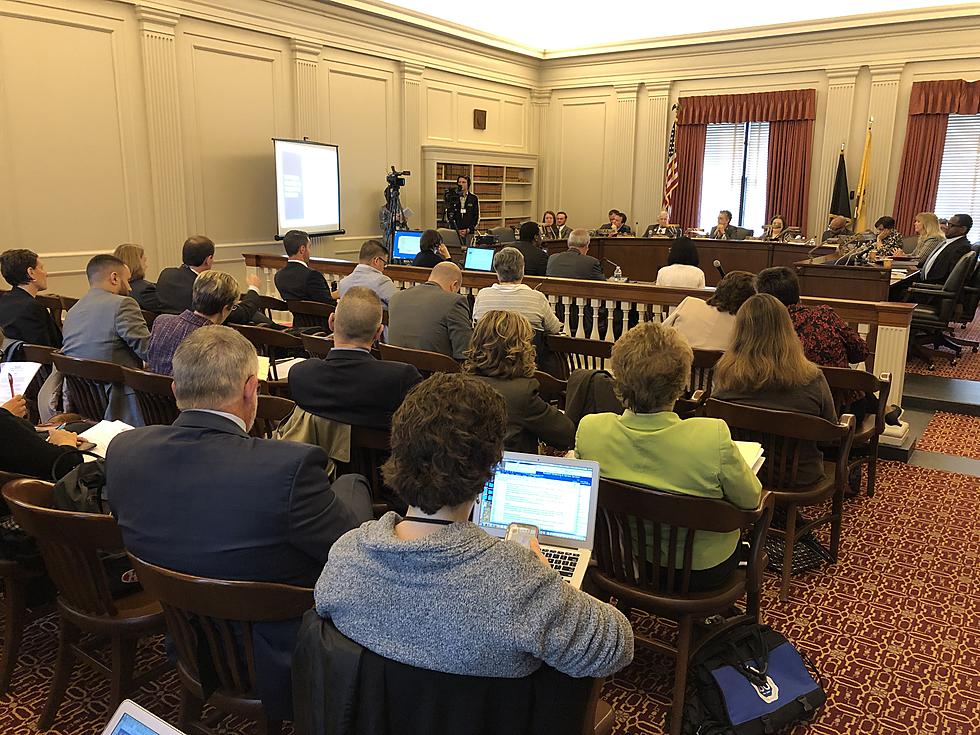
Should New Jersey end its high school graduation exam?
At one point, New Jersey was one of 27 states to tie graduation to passage of a high-school standardized test. It’s now one of 11 with that requirement – and lawmakers are thinking about convening a study to decide whether to join the wave of states severing that connection.
Gov. Phil Murphy campaigned on a promise to eliminate the use of PARCC, short for the Partnership for Assessment of Readiness for College and Careers. The tests have been renamed and made shorter but a long-term replacement hasn’t yet been developed.
Complicating the matter is a Dec. 31 court ruling that invalidated the way New Jersey had been using PARCC as a graduation requirement. The rules have been temporarily restored for current high-school seniors and juniors but may now lead to an overall rethinking of the state’s graduation standards.
Stan Karp, director of the Education Law Center’s Secondary Education Reform Project, said everyone agrees with publicly reported assessments that are part of a student’s record but that there’s no positive impact on college participation or employment.
“The question is whether or not a test that might be part of the student’s record should be enough to totally deny that student a diploma,” Karp said.
West Windsor-Plainsboro Schools Superintendent David Aderhold said the constant changes to the testing system and ever-changing graduation requirements haven’t been fair.
“I just simply say it’s the equivalent of changing the design of a plane while it’s flying and then holding the pilots and the passengers accountable,” Aderhold said.
Lawmakers are now considering a commission that would take up to 18 months to recommend next steps for graduation rules and high-stakes testing.
Exams are required by federal law in certain grades, though they don’t have to be graduation requirements. And they do have some defenders.
Shelley Skinner, executive director of Better Education for Kids, said high-quality assessments are necessary.
“These assessments are the only unobjective measure that we have to tell the difference between an A in, let’s say, in Jersey City versus Short Hills. We have no other measure to tell us what the quality of that A is,” Skinner said.
Harry Lee, interim president of the New Jersey Charter Schools Association, said racial and economic achievement gaps are acknowledged and a priority because of testing results.
“In the absence of this data, the whole issue of the achievement gap would not have been understood or attempted to be addressed,” Lee said.
However, Seton Hall University associate professor of education administration Christopher Tienkin said exit exams do little to address inequities of achievement – noting New Jersey has had them for 40 years.
“Unfortunately, high school exit exams, or any other standardized test for that matter, have no history of closing any gaps – opportunity gaps, achievement gaps. Name a gap, they haven’t closed it,” Tienkin said.
There is one thing both proponents and opponents of graduation exams agree upon: The state should immediately extend the now-expired graduation rules to the current freshman and sophomore classes in New Jersey high schools, who otherwise don’t know what they’ll have to do to graduate.
“There are more than enough twists and turns to being a high schooler these days, with a dramatic increase in mental health issues as evidence of this,” said Karen Bingert, the principal of Hillsborough High School. “Our children really should not need a seatbelt to make it safely to graduation.”
More From WOBM:
More From Beach Radio










